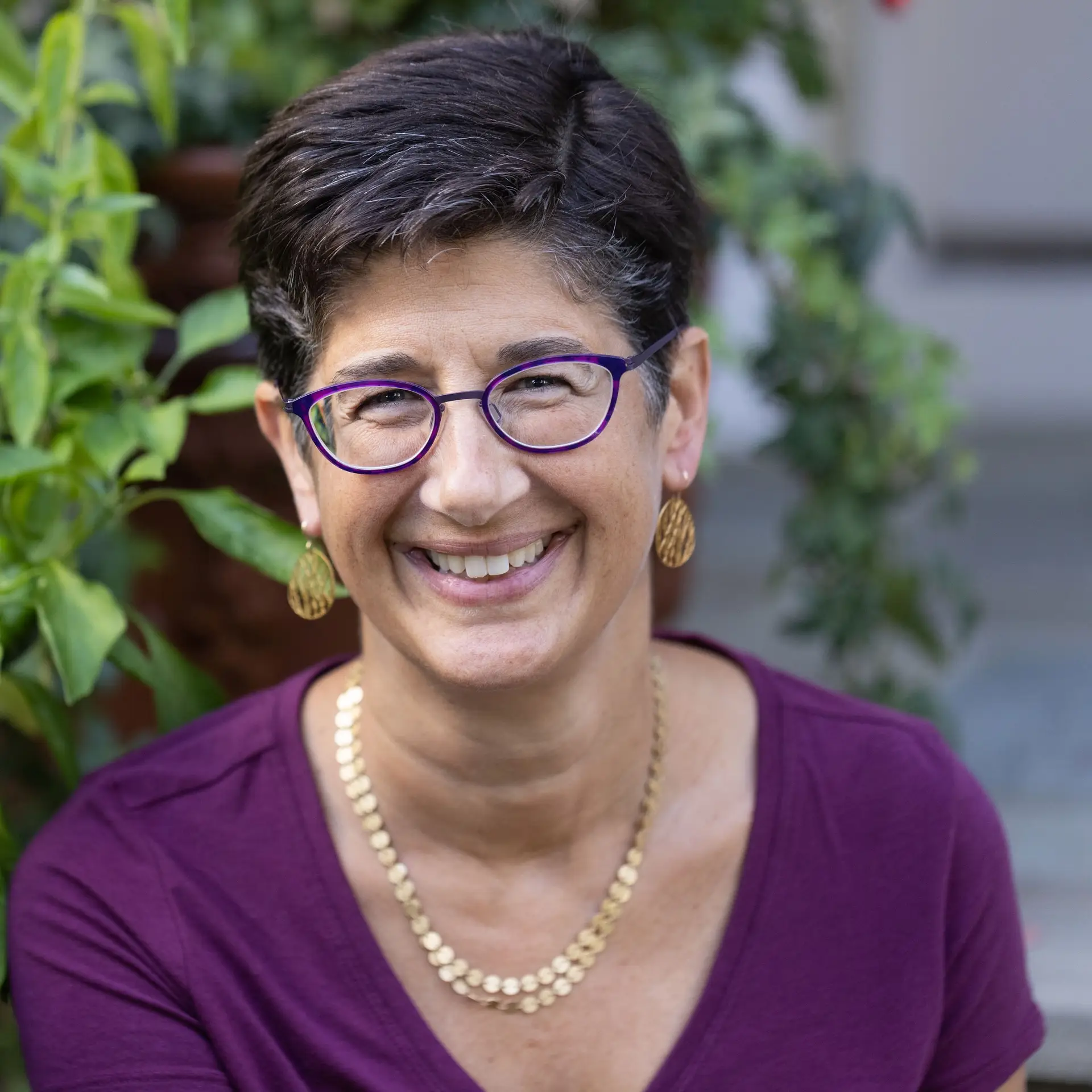Are you feeling overwhelmed by the daily struggles and emotional rollercoaster of parenting a neurodivergent teen? Do you find yourself torn between nurturing their independence and managing your own worries and emotions? If this sounds familiar, you're not alone, and this episode of Beautifully Complex is just for you.
In this heartfelt episode, I'm joined by the incredible Gabriele Nicolet, a seasoned speech-language pathologist and parent coach, to dive deep into the uniquely challenging world of parenting complex teens. Together, we explore:
✨ The importance of validating both your child's and your own emotions, creating a space where feelings are acknowledged as valid and navigated in a healthy way..
✨ Strategies for balancing the critical roles of being a manager in your teen's life while transitioning towards a more supportive coaching role.
✨ The significance of building a neuro-affirming environment that embraces your teen’s individuality and empowers them to thrive.
✨ Practical tips for managing your own anxiety around your teen's risky behaviors and fostering healthier risk-taking behaviors.
We know that real-life parenting doesn’t follow a script, and managing the whirlwind of emotions involved can be incredibly taxing. But, by hearing our experiences and insights, you'll gain validation, permission, and advice to help you navigate these challenges.
Join us in this compassionate conversation where we emphasize the importance of support networks — whether friends, therapists, or coaches — and how prioritizing relationships over always being ‘right' can profoundly impact your family's dynamic.
You're doing the best you can, and this episode is designed to give you the tools and reassurance you need to keep moving forward. Tune in to Episode 289 to find hope, actionable steps, and the encouragement to build a nurturing, neuro-affirming environment for your teen.








